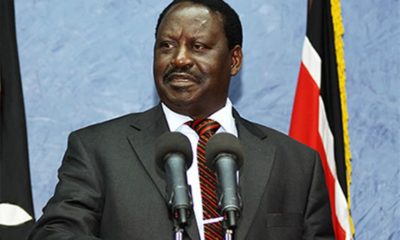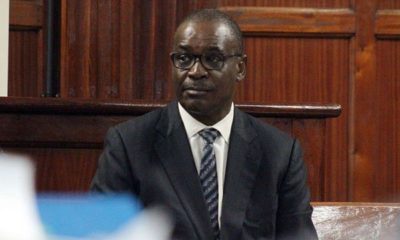
There has been telltale of the government gagging the internet citing security issues. Most recently, the system has hinted at a possible stiff Internet regulation policies ahead of the 2017 elections.
With internet accessibility in the country continuing to skyrocket and many rely on the web for information, the growing number of users, regulating content is a nearly impossible task.
NCIC has warned that social media is the new platform in which hatemongers propagate tribal hatred and are seeking ways in which to regulate social media use. Initially, oppressive article 19 was used to muzzle voices, but it has since been overruled as being unconstitutional. The government is determined to regulate the internet, and all the signs are in the air.
The move by Kenya in joining other dictatorial regimes in the bid to have the government be a key player in regulating the Internet use is causing fear for the future as Kenya heads to 2017 elections. In Uganda, President Uhuru Kenyatta’s ally Yoweri Museveni shut down the internet and messaging services as the country held their general elections.
The authoritarian president claimed an open internet was a threat to national security during the period.
The United Nations officially condemned the practice of countries shutting down access to the internet at a meeting of the Human Rights Council on Friday.
A resolution entitled The promotion, protection and enjoyment of human rights on the Internet extends human rights held offline to the web. Consensus passed it, but only after a determined effort by some countries, including China and Russia, to pull out key parts of the text.
In particular, some states – notably by their authoritarian stances – were opposed to the resolution’s focus on the need for an accessible and open internet, and its condemnation of violations against people for expressing their views online. A vote planned for Thursday was delayed until Friday after the issue became heated.

Protesters fighting for freedom of speech
Some were surprised by the 13 other countries that lined up with Russia and China to delete the text on ensuring access to the internet. Among such authoritarian regimes as Saudi Arabia and Qatar were also democracies including India and South Africa.
Likewise on a second amendment to remove references to freedom of expression. Russia and China were joined by 15 other countries including India, Kenya and South Africa.
“We are disappointed that democracies like South Africa, Indonesia, and India voted in favour of these hostile amendments to weaken protections for freedom of expression online,” said Thomas Hughes, the executive director of Article 19, a charity focused on protecting free speech. He added: “The resolution is a much-needed response to increased pressure on freedom of expression online in all parts of the world.”
Resolutions
That person has the same rights online as offline, “in particular freedom of speech, which is applicable regardless of frontiers and through any media of one’s choice.”
Those human rights violations enacted against people due to making their views known online are “condemned unequivocally,” and states are held accountable for any such violations.
Any measures to “intentionally prevent or disrupt access” to the internet are also “condemned unequivocally,” and all states should “refrain from and cease such actions.”
In effect, that means that the expanding use of Internet shutdowns by governments claiming national security issues or even, in the case of Iraq, to prevent exam cheating, will now go against formal UN policy.
If all these signs have anything to go by then freedom of expression and access to information on a population that consumes heavily from the internet, Kenyans should look ahead for business unusual in coming days, weeks, months and years.
Save
Kenya Insights allows guest blogging, if you want to be published on Kenya’s most authoritative and accurate blog, have an expose, news TIPS, story angles, human interest stories, drop us an email on [email protected] or via Telegram
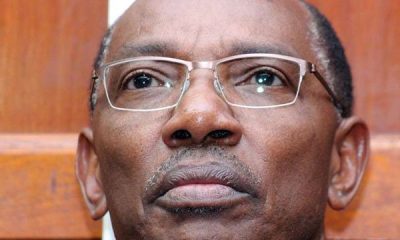
 Investigations2 weeks ago
Investigations2 weeks ago
 Investigations2 weeks ago
Investigations2 weeks ago
 Investigations2 weeks ago
Investigations2 weeks ago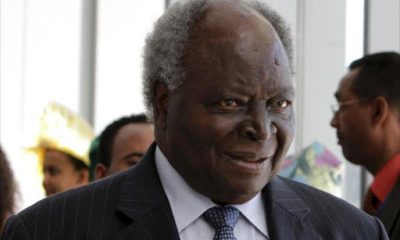
 Investigations1 week ago
Investigations1 week ago
 Opinion2 weeks ago
Opinion2 weeks ago
 Investigations1 week ago
Investigations1 week ago
 Investigations1 week ago
Investigations1 week ago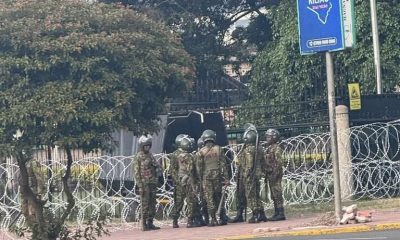
 News1 week ago
News1 week ago









